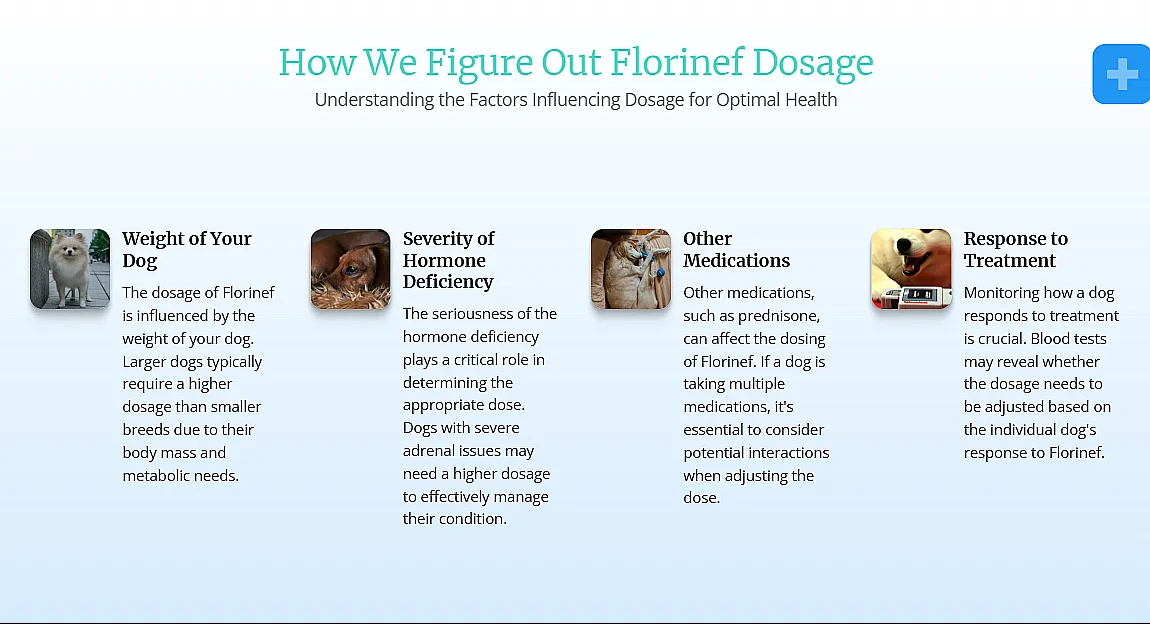Are you looking for healthy treats to give your pup? If so, then edamame might be a great snack!
While it’s important to check with your veterinarian before giving any new food to your dog, this blog post will provide an overview of the potential health benefits of edamame and whether or not dogs can eat it.
Is Edamame Safe for Dogs? (Quick Answer)
Yes, edamame can be a healthy occasional treat for dogs. It is a good source of protein and contains fiber, calcium, vitamin C, and omega-3. However, it should not replace their regular diet and should only be given to them in its plain form without any seasoning or cooking with spices, salt, soy sauce, or oil. If your dog eats edamame regularly you should monitor their weight and health to make sure they are getting all the nutrients they need from their diet.
Introduction
Edamame is a type of green soybean, usually eaten as a snack or side dish. It is a popular food among humans and has grown in popularity over the years.
It has become increasingly popular for dogs to eat as well, as it is packed full of vitamins and minerals that are beneficial to canine health.
This article will discuss the safety of edamame for dogs, its nutritional benefits, how to feed it to your pup, and more.
What is Edamame?
Edamame is a type of soybean that is often eaten by people as part of a healthy diet. It is high in fiber, protein, calcium, vitamin C, and omega-3 fatty acids. They are usually found in the frozen aisle at the grocery store and are usually served steamed or boiled with a pinch of salt.
Nutritional Benefits of Edamame for Dogs
- It is rich in dietary fiber, vitamins, minerals, and antioxidants that can help keep your dog healthy
- It is also a good source of omega-3 fatty acids, which are essential for maintaining healthy skin and coat
- It contains high levels of protein, which can help build and maintain muscle mass in active dogs
- It contains dietary fiber which helps promote regular digestion
How to Feed Edamame to Your Dog
When feeding edamame to your dog, it is important to remove the pods as they can be difficult for them to digest.
You can feed your pup green soybeans raw, steamed, cooked, or frozen. However, if you choose to cook the beans, do not add any seasonings or oils as these can be toxic for dogs.
You should also make sure that your pet is eating in moderation and not too much at once as this can lead to digestive issues such as an upset stomach.
It is best to start by giving your pup a small amount and then seeing how they react before offering them more.
What are the Precautions for Feeding Edamame to Dogs?
- It is high in fiber and can cause gastrointestinal upset if eaten in large amounts
- Dogs with certain medical conditions such as diabetes, allergies, or digestive issues should not eat this soybean.
- It should not be given to puppies or very small dogs as they can choke on the beans
- Pods should not be fed to dogs as they are tough and can cause a blockage in the digestive tract
Are There Any Risks of Feeding Edamame to Dogs?
- The beans are surrounded by tough pods, which can be difficult for dogs to digest. If not chewed thoroughly, the pods may cause intestinal blockages and other digestive issues
- It contains high levels of fiber, which can cause gas and bloating in dogs if they are not used to a high-fiber diet
As with any new food, it is best to introduce it slowly and in small amounts to determine if your dog has any adverse reactions.
If your dog experiences digestive distress or any other health concerns after eating edamame, consult your vet right away.
What Are the Benefits of Feeding Edamame to Dogs?
- It is rich in fiber, protein, calcium, vitamin C, and omega-3 fatty acids. These components help to keep dogs healthy, improve their digestion, and maintain a strong immune system
- Edamame is low in calories and fat, making it an ideal snack for dogs who are trying to lose weight. Overall, feeding it to your dog can be beneficial for their health and well-being.
How Much Edamame Should be Fed to Dogs?
While edamame beans are generally safe for dogs, they should only be given in small amounts. If you plan on giving it to your K9 as part of their regular diet, consult with your veterinarian first. He may recommend an appropriate amount depending on your dog’s size and activity level. As always, make sure to monitor your pup for any adverse reactions such as vomiting or diarrhea.
Is Frozen Edamame Toxic Poisonous?
No, frozen edamame is not toxic or poisonous. The product has been parboiled to preserve its freshness and is safe to eat. However, eating excessive amounts, or eating it raw or undercooked can cause bloating, gas, and cramping.
What Happens If a Dog Eats a Soy Protein?
Generally speaking, soy protein is safe for dogs to eat and is often used as a main protein source in many dog foods.
Soy proteins are broken up into very small pieces, making it easier for dogs to digest.
While some vets may prescribe a hydrolyzed soy diet for dogs with allergies, it is important to be aware that some soy proteins may contain toxic glyphosate which can cause cancer and leaky gut syndrome.
If you are concerned that your dog has eaten soy protein, it is best to contact your vet for advice.
Can Dogs Eat Edamame Skin?
No, the edamame shells (also known as edamame pods) should not be given to your dog. They are tough for them to digest properly and will likely result in an upset stomach.
Can Dogs Eat Edamame Pasta?
Can Dogs Eat Steamed Edamame Beans?
Yes, steamed edamame beans are safe for dogs to eat in moderation. It is important to ensure that the beans have not been salted or seasoned before feeding them to your dog.
Can Dogs Eat Roasted Edamame Beans?
Roasted edamame beans should not be given to dogs. The roasting process can make the beans more difficult to digest and may cause stomach upset in your pet.
Can Dogs Eat Dried Edamame?
Dried edamame should not be given to dogs as it can be difficult for them to digest. Also, dried may contain added salt or other spices that could be harmful to your pet.
Can Dogs Eat Dried Soybeans?
Dried soybeans should not be given to dogs as they can be difficult for them to digest and may cause stomach upset. Additionally, dried soybeans may contain added salt or other spices that could be harmful to your K9.
Can Diabetic Dogs Eat Edamame?
Diabetic dogs should not eat edamame as it contains carbohydrates that could affect their blood glucose levels. Consult with your veterinarian before feeding any new food items to your dog, especially if they are diabetic.
Conclusion
Edamame is a safe and healthy snack to feed your dog as an occasional treat. However, it is essential to take the necessary precautions when feeding to your pup. Make sure to always feed in moderation and without any seasonings, dyes, or spices. Also make sure that your pup does not eat the pod, as it can be a choking hazard. With these proper precautions, edamame can be a nutritious and delicious snack for your pup!












